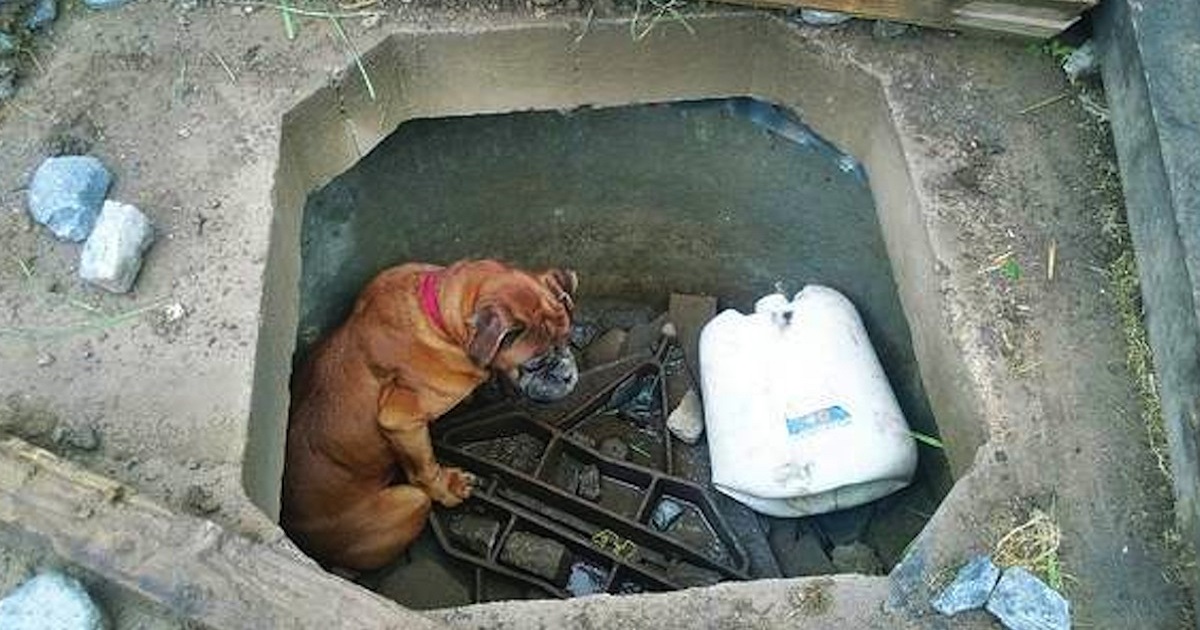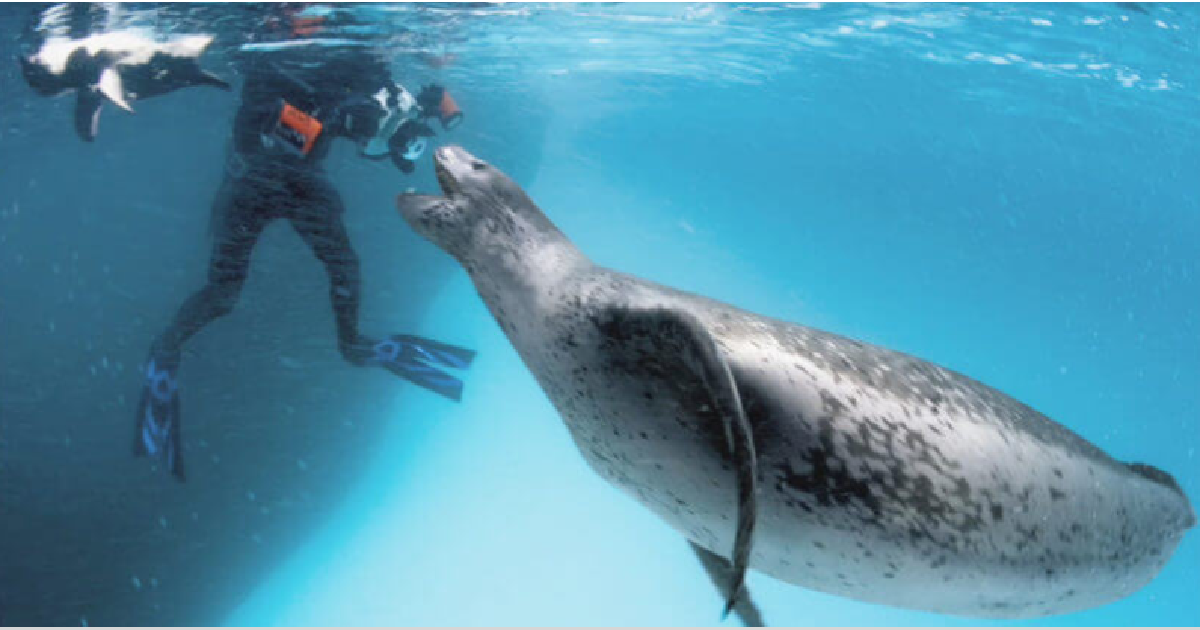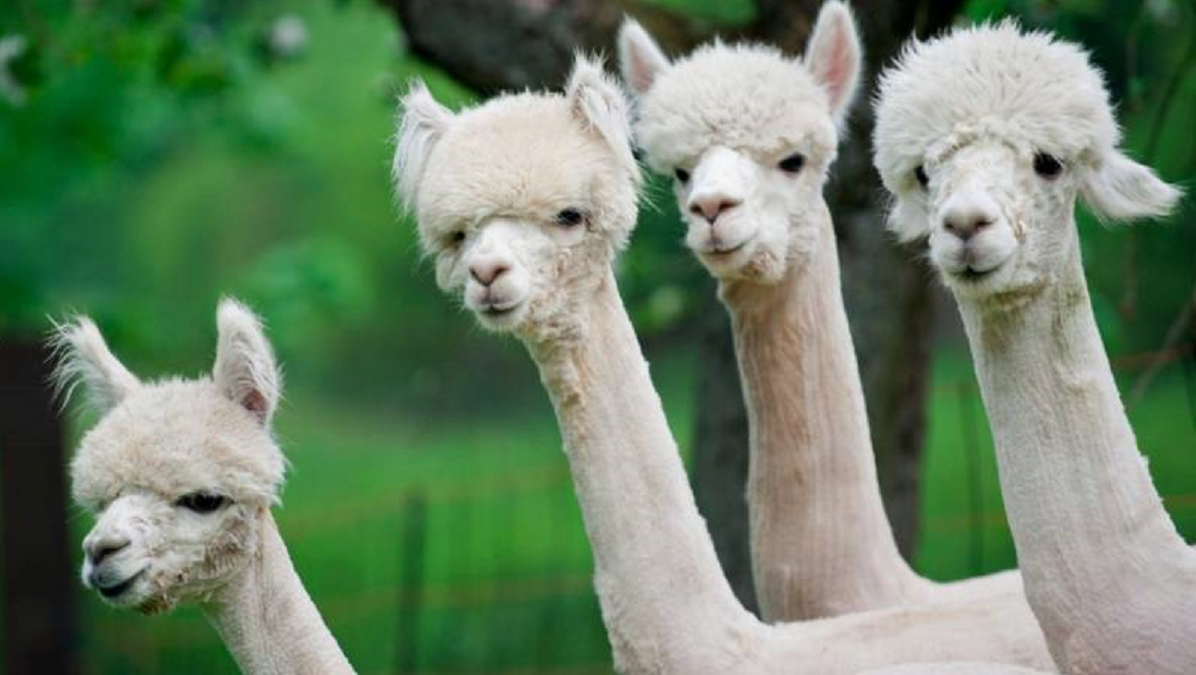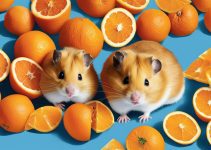Ferrets, like cats, are obligate carnivores and require a diet high in meat-based protein. Feeding them the wrong foods can lead to health problems such as inflammatory bowel disease and insulinoma. It is important to feed ferrets a diet specifically formulated for them, rather than cat food. So, what do Ferrets eat?
A healthy ferret food should have no seeds, nuts, or dried fruit and should be consistent in appearance without artificial colors. It is recommended to blend multiple ferret food brands to ensure the ferret doesn’t become too attached to one taste. Treats for ferrets should be small and complement their diet, such as puréed meat baby food or Bob Church’s Chicken Gravy.
There are certain foods that ferrets should not eat, including cat and dog food, raisins and other fruits, vegetables, bones, and fish heads or skin. The process of feeding a ferret involves setting out a specific amount of food in a heavy crock feeder and checking and changing the food and water regularly.
What Do Ferrets Eat?
- Ferrets are obligate carnivores and require a diet high in meat-based protein.
- Avoid feeding ferrets foods that contain seeds, nuts, dried fruit, or artificial colors.
- Blend multiple ferret food brands to avoid them becoming too attached to one taste.
- Offer small, meat-based treats to complement their diet.
- Avoid feeding ferrets cat and dog food, fruits, vegetables, bones, or fish heads or skin.
- Set out a specific amount of food in a heavy crock feeder and check and change the food and water regularly.
The Importance of a Proper Ferret Diet
A proper ferret diet is crucial for the overall health and well-being of these animals. Ferrets are obligate carnivores, requiring a diet high in meat-based protein to thrive. Their short digestive system and high metabolic rate necessitate frequent feeding with a focus on specific nutritional requirements.
Ferrets should consume a diet consisting of 32-40% protein and 10-15% fat. It is important to avoid foods that contain carbohydrates and vegetable protein, such as fruits and vegetables, as these can cause digestive issues and lead to disease in ferrets.
Providing a balanced diet that meets all of a ferret’s nutritional needs is essential. This can be achieved through high-quality commercial ferret food or raw meat diets. Commercial ferret food should be selected based on its nutrient composition and formulation. Feeding frequency should be determined by the ferret’s age and health status, with multiple small meals being ideal to prevent hypoglycemia.
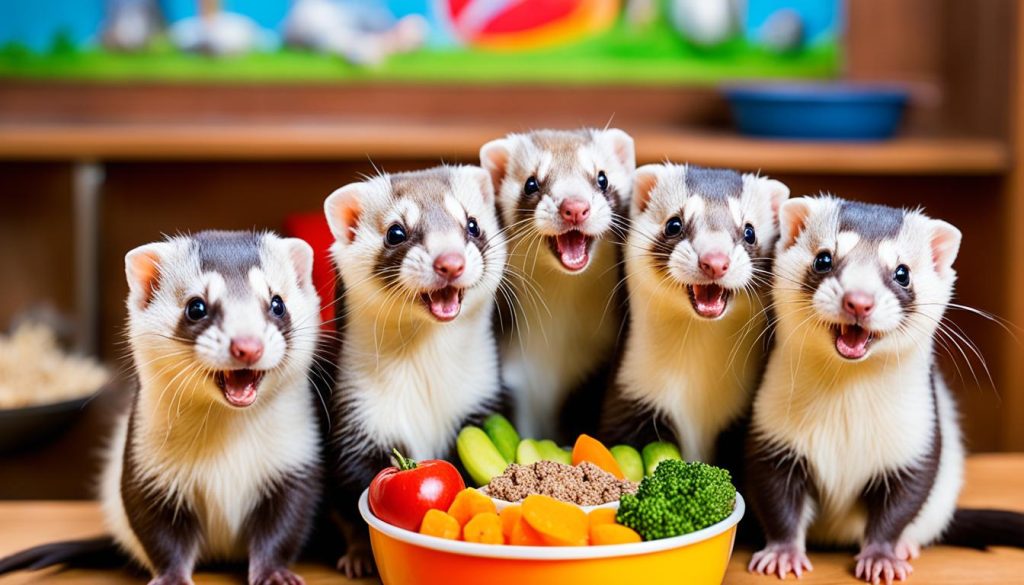
The importance of a proper ferret diet cannot be overstated. By ensuring that ferrets receive the right balance of nutrients, their overall health and well-being can be maintained. A well-planned ferret meal plan will contribute to the longevity and happiness of these curious and playful pets.
What Can Ferrets Eat?
Ferrets have specific dietary needs, and it’s important to provide them with a balanced and nutritious diet. Here are some foods that ferrets can eat:
- Raw meats: Ferrets can consume a variety of raw meats, including chicken, turkey, rabbit, game birds, and minced beef. These meats should be of good quality and obtained from reputable retailers to ensure they are free from any potential parasites.
- Whole prey: In addition to raw meats, ferrets can also have whole prey, such as mice, rats, and chicks, as part of their diet. These provide them with a natural and complete source of nutrients.
It’s worth noting that there are also ferret-specific dry foods available in the market. These dry foods should have a high percentage of meat protein to meet the nutritional requirements of ferrets. However, not all dried ferret foods are created equal. It’s recommended to choose ones without added seeds, nuts, or dried fruit.
When it comes to treats, it’s best to opt for high-quality options that are rich in meat protein. Treats should be given in moderation to prevent weight gain.
Ferrets have a unique digestive system and are unable to properly digest foods that are high in carbohydrates or contain complex carbohydrates and fiber. It’s important to avoid foods with these components to prevent digestive issues and other health problems.
To ensure the health and well-being of your ferret, it’s always a good idea to consult with a veterinarian or a ferret nutrition expert for guidance on their specific dietary needs.
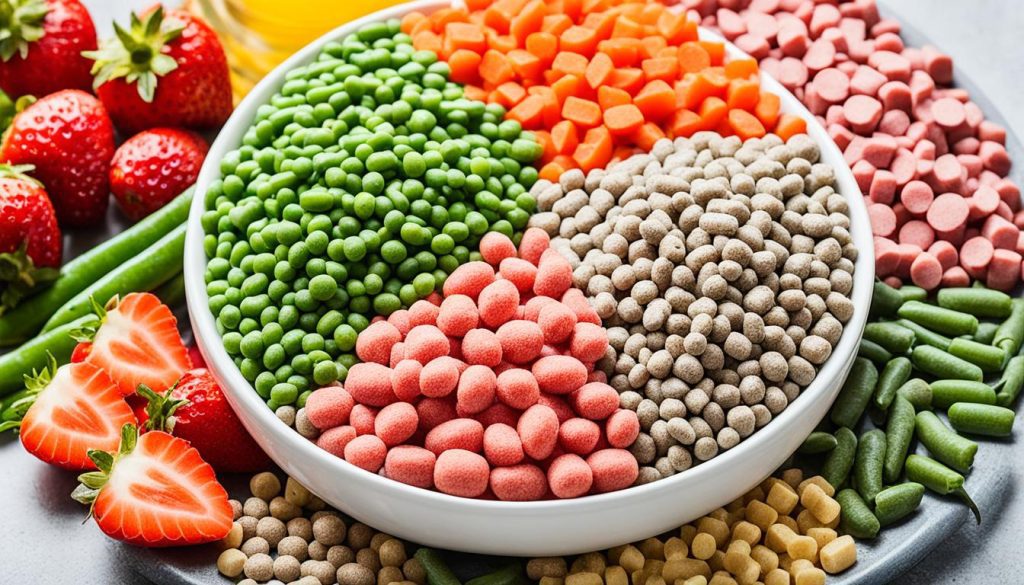
Feeding Ferrets: Dos and Don’ts
When it comes to the diet of your ferret, there are certain dos and don’ts that you should keep in mind to ensure their health and well-being.
Dos
- Provide a balanced diet that is high in meat-based protein – this is crucial as ferrets are obligate carnivores and need a protein-rich diet to thrive.
- Ensure that your ferret has access to fresh water at all times. Hydration is important for their overall health and digestion.
- Feed your ferret multiple small meals throughout the day instead of one or two large meals. This mimics their natural feeding behavior and helps prevent digestive issues.
- Offer appropriate treats in moderation. Treats can be a great way to bond with your ferret, but it’s important to choose treats that complement their diet and are not high in carbohydrates or fiber.
Don’ts
- Avoid feeding your ferret cat or dog food. While they may look similar, ferrets have specific nutritional requirements that are different from those of cats and dogs.
- Do not give your ferret fruits or vegetables. Ferrets have a short digestive system and cannot properly digest plant-based foods. Stick to a meat-based diet.
- Avoid foods that contain complex carbohydrates or fiber. Ferrets are not able to digest these types of food properly and it can lead to gastrointestinal issues.
- Stay away from foods that are high in carbohydrates. Ferrets need a diet that is low in carbohydrates and high in protein and fat.
Consulting with a veterinarian is essential to ensure that your ferret’s diet is meeting all of their nutritional needs. They can provide guidance on the best food options and address any specific dietary concerns based on your ferret’s individual needs.
Feeding your ferret the right diet is crucial for their overall health and well-being. By following these dos and don’ts, you can help ensure that your ferret stays happy and healthy.
Special Considerations for Feeding Ferrets
When it comes to feeding ferrets, there are a few special considerations to keep in mind. Ferrets have a rapid gut transit time, which means they eat and defecate constantly. As a responsible ferret owner, it is important to provide food for them to graze on throughout the day. This means having food available at all times for them to nibble on as they please.
Ferrets with certain health conditions, such as tumors in their pancreas, may be more prone to hypoglycemia. Hypoglycemia is a condition where blood sugar levels drop too low, and it can be very dangerous for ferrets. To prevent this, it is recommended to feed these ferrets several small meals throughout the day to maintain stable blood sugar levels.
It is also crucial to avoid overfeeding ferrets. Ferrets have a tendency to overeat, leading to obesity and related health problems. It is essential to monitor their food intake and ensure they are not consuming more than what is necessary for their size and activity level.
Additionally, water should always be available to ferrets to keep them hydrated. It is recommended to provide water in the form of a sipper bottle or a heavy crockery bowl that cannot be easily tipped over. Regularly check the water source and refill it as needed throughout the day.
By considering these special feeding considerations, you can help ensure the well-being and health of your ferret companion.
Conclusion
Providing a proper diet is essential for the overall health and well-being of ferrets. As obligate carnivores, they require a diet that is high in meat-based protein to thrive. The best options for meeting their nutritional needs are commercial ferret foods or raw meat diets.
It is important to avoid feeding them foods that are high in carbohydrates, contain complex carbohydrates or fiber, or are not specifically formulated for ferrets. By prioritizing their diet, you can ensure that your ferret receives the necessary nutrients for optimal health.
Feeding frequency is also crucial for ferrets. Multiple small meals throughout the day are ideal to prevent hypoglycemia and maintain stable blood sugar levels. Tailoring the feeding schedule to the ferret’s age and health status is important. Additionally, providing fresh water at all times is essential to keep your ferret hydrated.
Remember, a healthy ferret is a happy ferret! By following these guidelines and offering a balanced diet, you can support your ferret’s overall well-being and longevity. Whether you opt for commercial ferret foods or choose to prepare raw meat diets, providing the best food for your ferret’s unique nutritional requirements is key to ensuring they live a healthy and fulfilling life.

